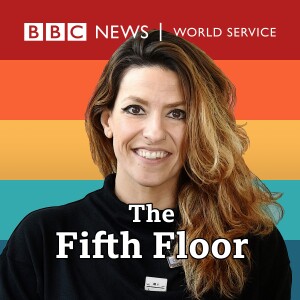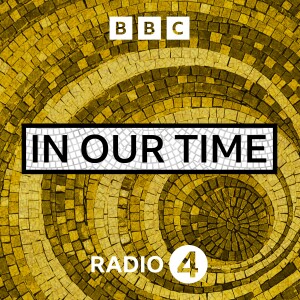

The numbers of people living in the most populated country in the world is expected to start falling this year, for the first time since the great famine more than six decades ago. There's concern about what that means for the global economy, but what do people in China think? BBC Chinese editor Howard Zhang explains why the 3-child policy hasn’t worked.
Afrocentrism
Njoroge Muigai of BBC Nairobi recently visited a Kenyan primary school with a difference; it takes an innovative, A...
The numbers of people living in the most populated country in the world is expected to start falling this year, for the first time since the great famine more than six decades ago. There's concern about what that means for the global economy, but what do people in China think? BBC Chinese editor Howard Zhang explains why the 3-child policy hasn’t worked.
Afrocentrism
Njoroge Muigai of BBC Nairobi recently visited a Kenyan primary school with a difference; it takes an innovative, Afrocentric approach to learning.
Fortune-telling in Thailand
BBC Thai has been asking why fortune-tellers are still so widely consulted in Thailand. They interviewed popular fortune-tellers and found out from younger clients why they seek consultations. Sucheera Maguire explains.
A visit to Delhi's Lodi Gardens
Suhail Haleem of BBC Delhi takes us to the Lodi Gardens to look at Mughal monuments and contemplate India's relationship with its Islamic past and present.
My Arab Adolescence
BBC Arabic has given young people across the Arab world a platform to talk openly about the challenges they face, including taboo topics around mental health, in a podcast series for teenagers called My Adolescence. Presenter Karima Kouah shares their stories, and tells us what she hopes the series will achieve.
(Photo: Chinese babies in cots. Credit: Gong Bo/VCG via Getty Images)
View more
Comments (3)
More Episodes
All Episodes>>Create Your Podcast In Minutes
- Full-featured podcast site
- Unlimited storage and bandwidth
- Comprehensive podcast stats
- Distribute to Apple Podcasts, Spotify, and more
- Make money with your podcast
It is Free












